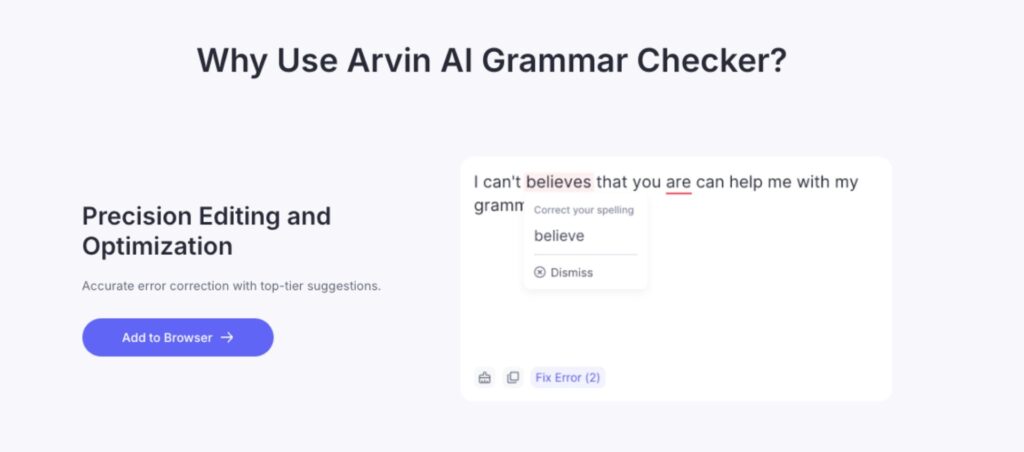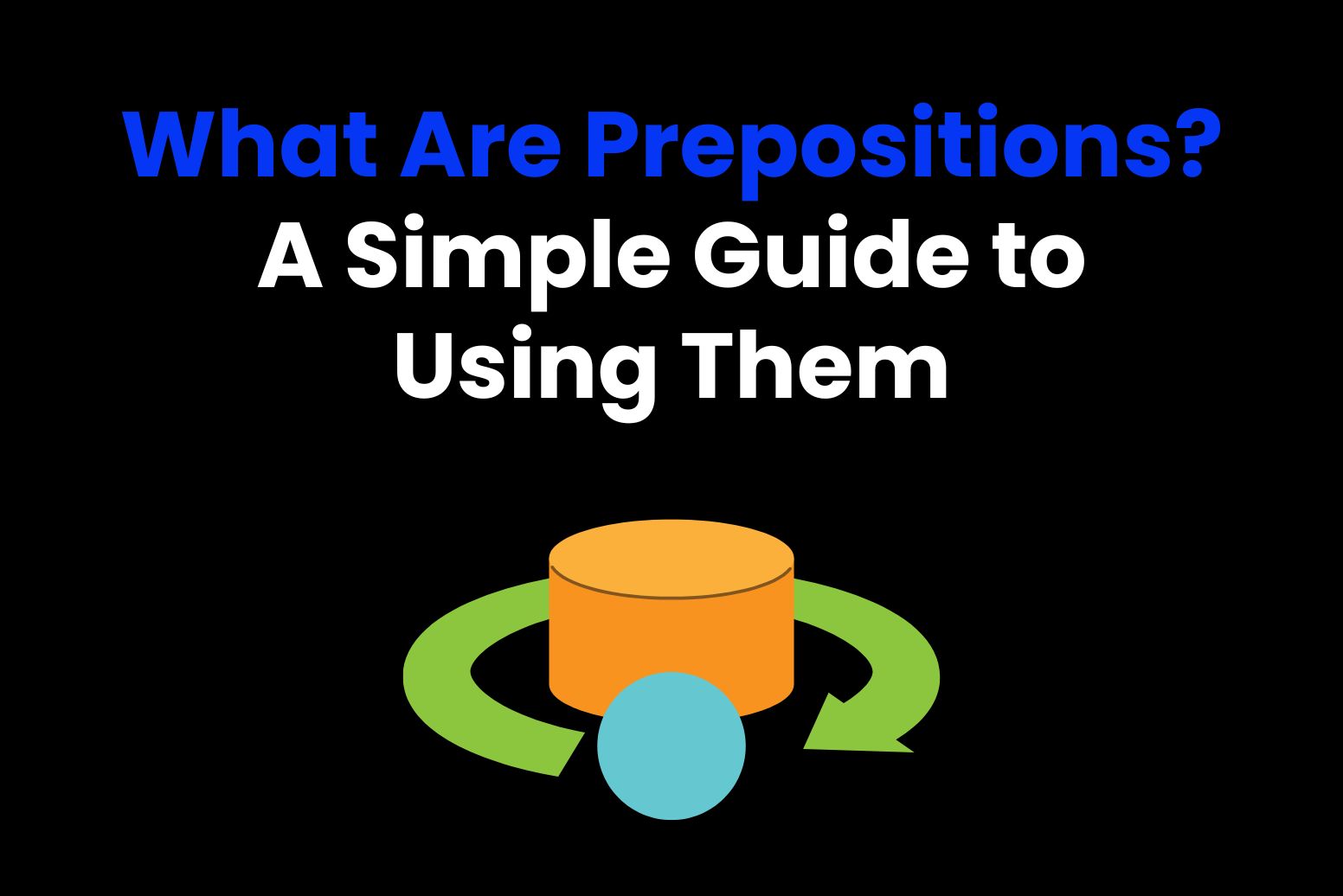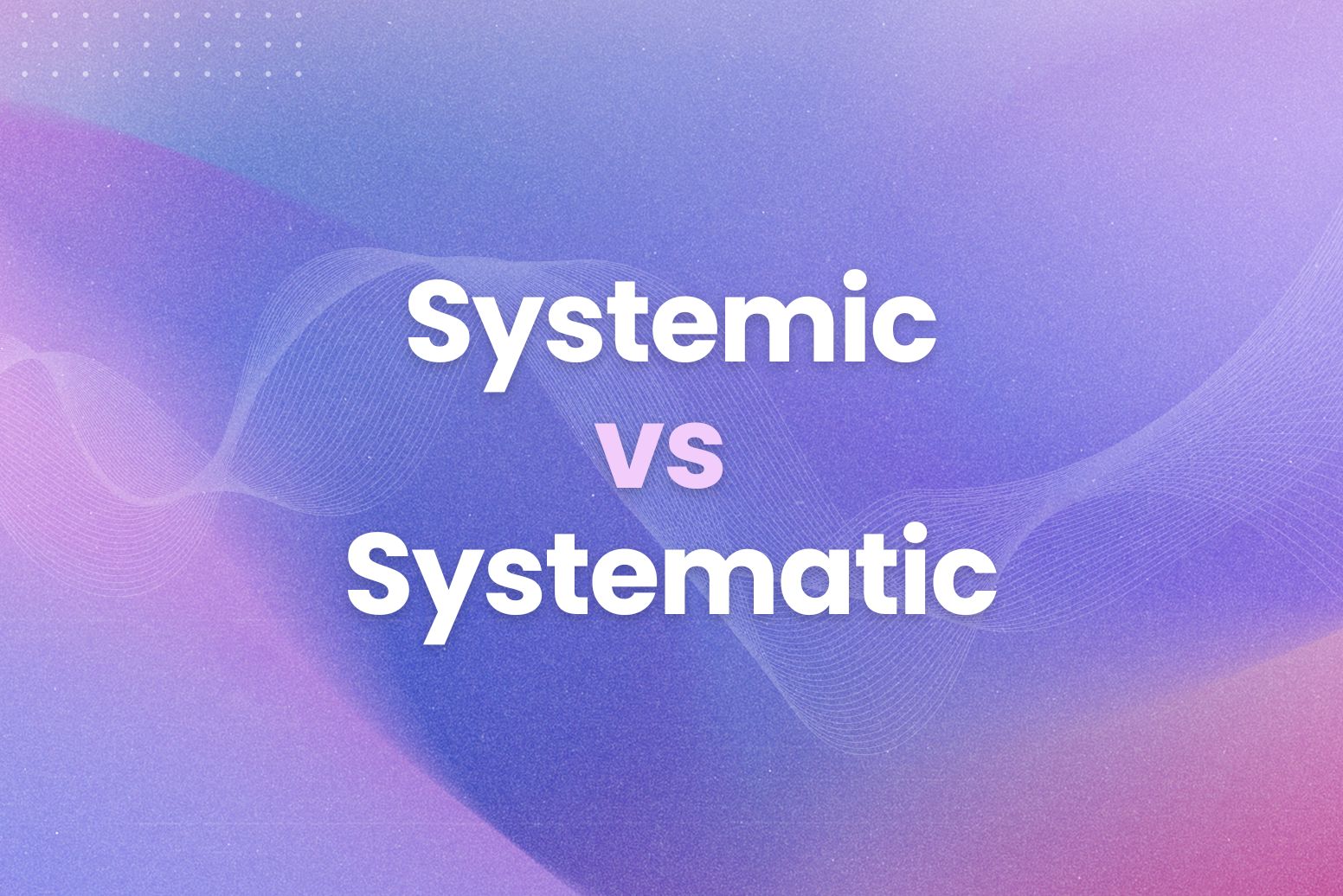The sneaked vs. snuck debate is a nice example of how language is a form of social agreement, in the sense that words and their meanings are almost entirely based on social convention and, well, agreement. Apart from the spelling, there really isn’t any difference between them at all:
- Both are acceptable as the past tense and past participle of sneak.
- They’re more common in American English, but British English also uses both sneak and snuck.
- They’re not exactly new words, but no one really knows how sneak and snuck came about.
Key Takeaway
The Cambridge Dictionary defines “snuck” as “to go somewhere secretly, or to take someone or something somewhere secretly.” The original past tense of sneak is sneaked; like the vast majority of English regular verbs, “sneak” forms its past tense and past participle by simply adding the suffix -ed to the stem.
Regular and irregular verbs have always been parts of the English language since the days of the Anglo-Saxons tribe in England. But over the centuries, plenty of those irregular verbs developed regular forms, mostly for practicality reasons. Regular verbs are efficient, easy to learn, and for day-to-day usage, much simpler. As a result, there are only about 200 English irregular verbs today. In comparison, there are many thousands of regular verbs.
Irregular verb transforming into regular verb is usually the way to go, but the verb sneak begs to differ. It has been taking the opposite route since the 1800s, steadily transforming from its textbook status as a regular verb into an irregular one. As a result, more people than ever are now using the term “snuck” instead of “sneaked” as the past tense of sneak. While the phenomenon is more prevalent in American English, snuck is increasingly gaining wider acceptance in British English as well.
Where Did This “Sneaked vs. Snuck” Debate Come From?
According to the American Heritage Dictionary, snuck is an Americanism that initially came about as a regional, and therefore nonstandard, variant of sneaked. The widespread use of “snuck” has become more common with every generation since the 1800s. The Merriam-Webster’s Dictionary of English Usage (1994) mentions that a publication in The Lantern newspaper (New Orleans) on December 17, 1887, as one of the earliest citations in existence:
- … an’ den snuck home
—The Lantern, December 17, 1887
Beginning in the 1930s, snuck has made it into mainstream usage in magazines and newspapers in the United States. However, it was primarily for humorous effects or to lighten the mood:
- … photographers snuck up and took pictures of the inventor sound asleep and snoring in the middle of the day
—N.Y. Herald Tribune Book Rev., January 22, 1939
- … I attended a fashion show the other day. I snuck in like a sneak
—Vincent X. Flaherty, Los Angeles Examiner, April 6, 1952
The mid-20th century took “snuck” more seriously, because the verb turned out to be just as effective in straightforward contexts, as showcased in the following examples:
- He snuck the Hearst collection away from Macy’s, you know
—an unnamed Gimbel’s executive, quoted in New Yorker, February 17, 1951
- … I really hammed it up. I snuck an extra blanket under my bedspread, making sure I’d sweat plenty
—William Goldman, Temple of Gold, 1957
By the 1970s, the sneaked vs. snuck debate was practically over, with the latter appearing in a number of respectable publications, media, and news outlets:
- Entitlements is a word that snuck into the political lexicon with few considering what it meant
—Wall Street Jour., 27 Mar. 1981
- But, again, Ruddock has snuck his unexpected and modern signature into these rooms
—Carol Vogel, N.Y. Times Mag., 15 Apr. 1984
In British and American English
Steven Pinker’s Words and Rules (1999) also acknowledges the noteworthiness of “snuck” for being the most recent irregular verb to have earned acceptance into general usage. And both Merriam-Webster and the Oxford Learner’s Dictionaries agree that snuck is now very common in North American English (United States and Canada), but usage in British English and Australian English remains rare.
| Note: in written format, the correct use of sneaked vs. snuck often depends entirely on the context. If you want to improve your texts, you can use Arvin to identify grammar mistakes and even tap the power of a whole range of AI tools to make your work stand out. |

Pronunciation
Snuck is pronounced as “snʌk” in both American English and British English. Therefore, it rhymes with the following words:
- Stuck
- Struck
- Luck
- Duck
- Truck
- Suck
- Buck
- Chuck
Sneaked is pronounced as “sniːkt” in both American English and British English. As such, it rhymes with the following words:
- Creaked
- Freaked
- Leaked
- Tweaked
And this brings us back to square one. If “snuck” is indeed the correct past tense of “sneak,” why don’t the other common verbs follow suit? The past tense of creak is not cruck, of freak is not fruck, of leak is not luck, of tweak is not twuck. It is as if snuck made a name for itself in the language. Furthermore, most of us simply took it without a fuss. There’s no other way to say it, but “snuck” is a pretty sneaky word.
Writing naturally is great, but it is not always a good idea, especially in an academic setting or a formal inquiry to an organization. Believe it or not, even professional writers use software tools and online editors to prevent embarrassing mistakes and incorrect terms, such as the appropriate use of sneaked vs. snuck in a sentence. With that in mind, it might just be the time to give Arvin a try. Regardless of the format, Arvin is a dependable companion app to help you produce quality professional writing. Above all, Arvin is a collection of advanced AI technologies that not only detects, but also fixes common errors and mistakes. In addition, the tool can also work as a browser add-on. Furthermore, it also offers a broad range of features to enhance your online research and creativity.
Conclusion
In short, no one knows for sure where “snuck” came from, and how it came about in the first place. Having said that, it has now become the accepted alternative to “sneaked,” as past tense and past participle of “sneak,” especially in American English. You’ll come across “snuck” in British English as well, but it’s still relatively rare in formal or academic settings.
FAQs
They are both acceptable as the past tense of sneak.
The American English makes no distinction in this regard, so you can use either “sneaked” or “snuck” in formal and informal context without changing the connotation. However, the British English still prefers “sneaked” in almost all cases.
It is indeed an irregular verb, but this only applies in American English.






